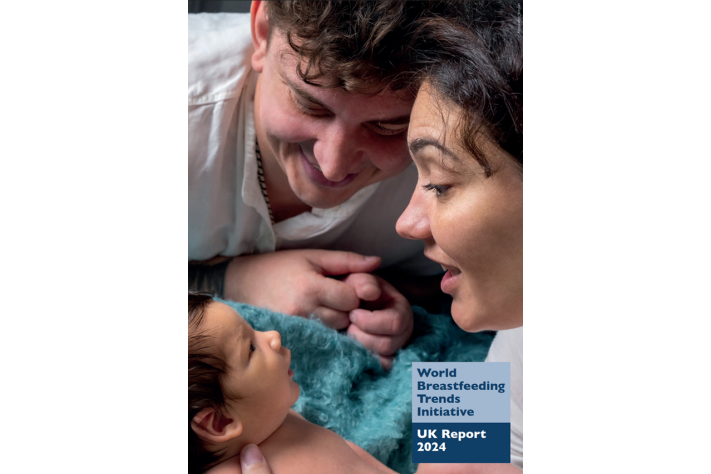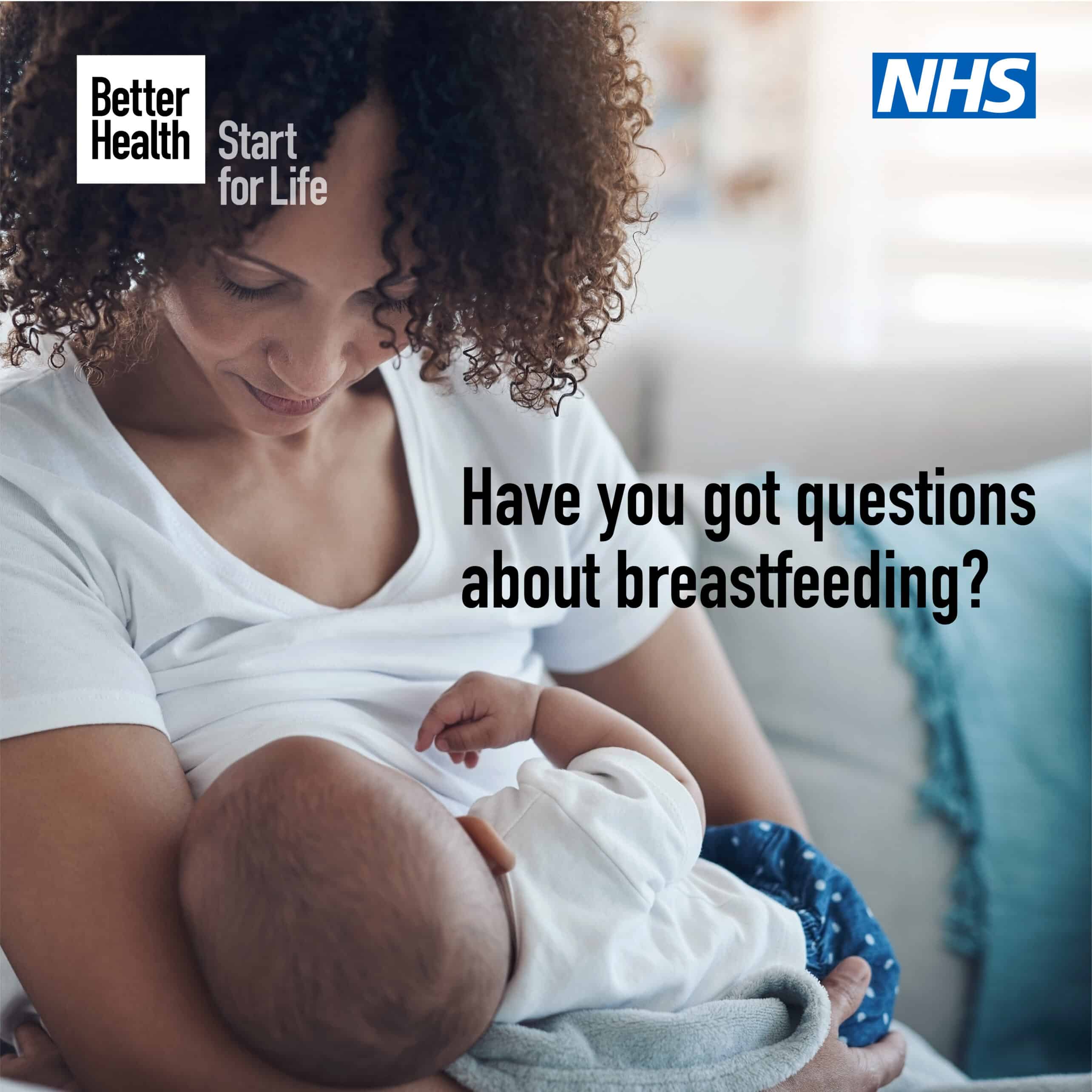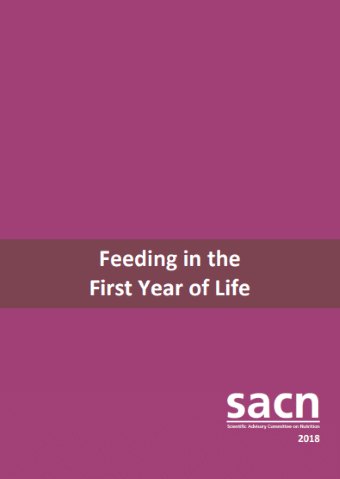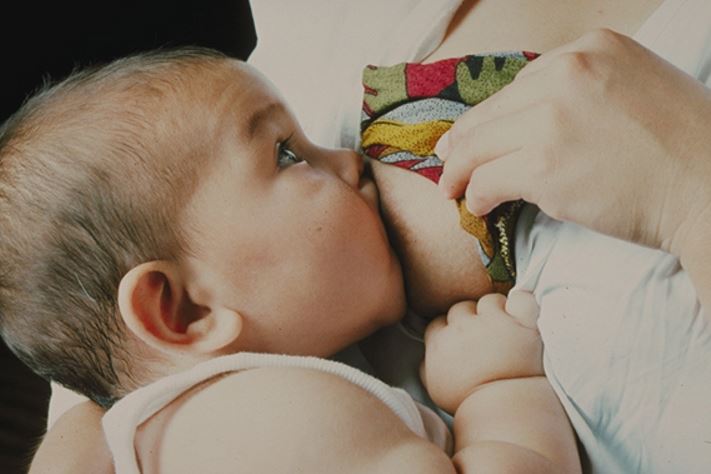We are delighted to announce that we are looking to expand our team of iHV Expert Advisers, with a focus on two important areas of health visiting practice: safeguarding; and infant feeding. As an iHV Expert Adviser, you will use your expertise and be at the forefront of shaping the future of health visiting practice, supporting every baby, child and family to have the best possible start in life.
These appointments will join our growing team of iHV Expert Advisers who play a critical part in representing our health visiting member experiences and providing expert guidance and constructive challenge. This ensures that the iHV’s decisions and policy positions are rooted in current practice and evidence. The iHV Expert Adviser role is instrumental in addressing the increasing complexities faced by families and the health visiting workforce.
Kirsty Jacques, iHV Expert Adviser: SEND, commented:
“For me, being the iHV SEND Expert Advisor is pure pride — a chance to pour my passion into something bigger than myself. It brings joy knowing the work I do can grow from local ideas to national change, lifting up families, children, and the colleagues who stand beside them”
All our iHV Expert Adviser positions are voluntary roles, and there are many personal and professional benefits to the role:
- Work with the UK’s leading professional body for health visiting: With opportunities to contribute to the iHV mission and expand your professional network.
- Shape iHV policy and influencing national policy: engage in national forums as a representative of the iHV and helping to guide decisions using your expertise.
- Professional development: Expert Advisers work closely with iHV staff, Senior Leadership team and external stakeholders, offering valuable experience, shared expertise and support to enhance your development, impact and visibility.
- Recognition and professional credibility: You will be publicly recognised as an “iHV Expert Adviser” and may be featured in blogs, news updates and iHV media work, highlighting your contributions to health visiting and public health.
- Collaborating with other leading experts from across the UK: utilise opportunities to network and share best practice, evidence and research.
What does an iHV Expert Adviser role involve?
The role of iHV Expert Adviser (using their area of expertise) offers a unique opportunity to influence public health policy and practice at a national level. Advisers collaborate with a network of professionals and contribute to initiatives that directly impact the wellbeing of babies, children, and families. Please see the Terms of Reference (TOR) links below for more information.
What are the eligibility criteria?
- You are a member of the iHV whose mailing address is in the UK.
- You are a health visitor with relevant preventative public health and topic-specific expertise – you will be recognised as a leader in your field of expertise.
- We are particularly keen to receive applications from people from all sections of the community, including people with protected characteristics.
See Terms of Reference (TOR) for person specification criteria:
- Click here to view the TOR for the Safeguarding Expert Adviser role
- Click here to view the TOR for the Infant Feeding Expert Adviser role
How to Apply
- If you have specific questions about the iHV Expert Adviser roles, contact Maddie Rew, iHV Programme Manager for Professional Services via: [email protected]
- Download and complete the iHV Expert Adviser expression of interest form, and submit by 5pm on 9 September to [email protected]













